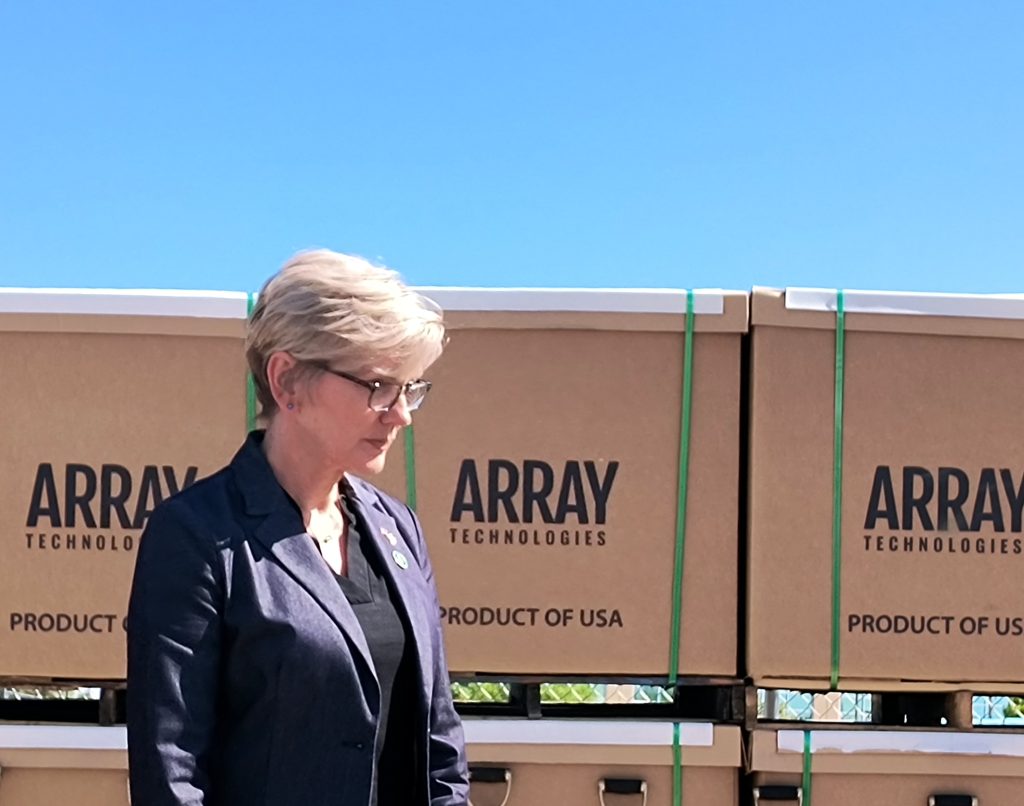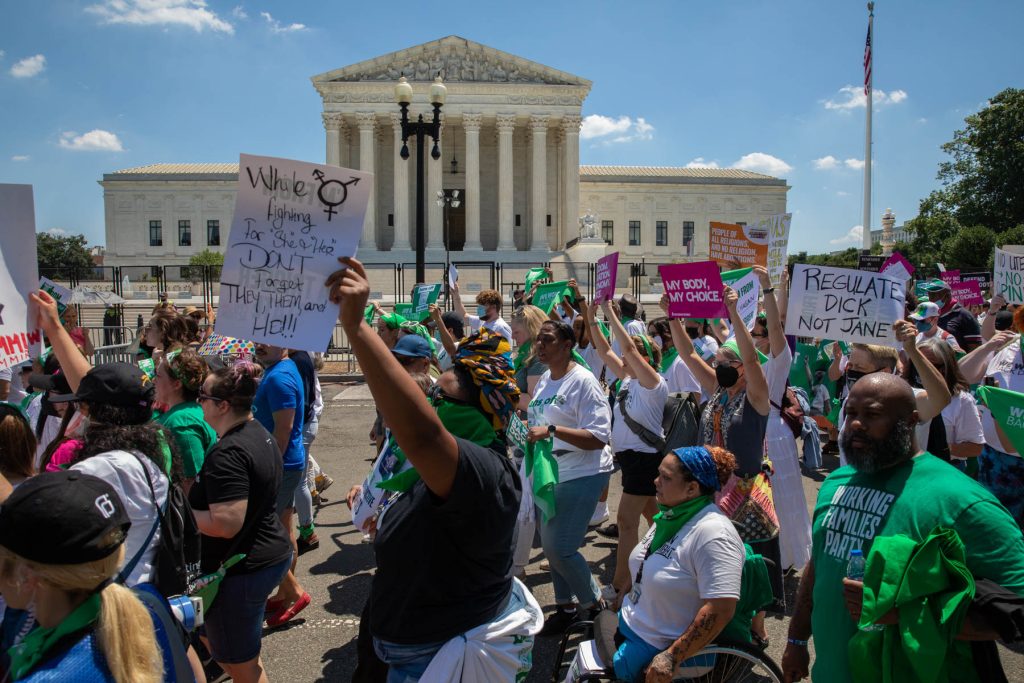Casa de Salud, a nonprofit clinic in Albuquerque, New Mexico, provides primary medical care, opioid addiction services and non-Western therapies, including acupuncture and reiki, to a largely low-income population.
And, like so many other health care providers that serve as a safety net, its revenue — and its future — are threatened by the COVID-19 epidemic.
“I’ve been working for the past six weeks to figure out how to keep the doors open,” said the clinic’s executive director, Dr. Anjali Taneja. “We’ve seen probably an 80 percent drop in patient care, which has completely impacted our bottom line.”
In March, Congress authorized $100 billion for health care providers, both to compensate them for the extra costs associated with caring for patients with COVID-19 and for the revenue that’s not coming in from regular care. They have been required to stop providing most nonemergency services, and many patients are afraid to visit health care facilities.
But more than half that money has been allocated by the Department of Health and Human Services, and the majority of it so far has gone to hospitals, doctors and other facilities that serve Medicare patients. Officials said at the time that was an efficient way to get the money beginning to move to many providers. That, however, leaves out a large swath of the health system infrastructure that serves the low-income Medicaid population and children. Casa de Salud, for example, accepts Medicaid but not Medicare.
State Medicaid directors say that without immediate funding, many of the health facilities that serve Medicaid patients could close permanently. More than a month ago, bipartisan Medicaid chiefs wrote the federal government asking for immediate authority to make “retainer” payments — not related to specific care for patients — to keep their health providers in business.
“If we wait, core components of the Medicaid delivery system could fail during, or soon after, this pandemic,” wrote the National Association of Medicaid Directors.
So far, the Trump administration has not responded, although in early April it said it was “working rapidly on additional targeted distributions” for other providers, including those who predominately serve Medicaid patients.
In an email, the Centers for Medicare & Medicaid Services said officials there will “continue to work with states as they seek to ensure continued access to care for Medicaid beneficiaries through and beyond the public health emergency.”
CMS noted that states have several ways of boosting payments for Medicaid providers, but did not directly answer the question about the retainer payments that states are seeking the authority to make. Nor did it say when the funds would start to flow to Medicaid providers who do not also get funding from Medicare.
The delay is frustrating Medicaid advocates.
“This needs to be addressed urgently,” said Joan Alker, executive director of Georgetown University’s Center for Children and Families in Washington, D.C. “We are concerned about the infrastructure and how quickly it could evaporate.”
In the administration’s explanation of how it is distributing the relief funds, Medicaid providers are included in a catchall category at the very bottom of the list, under the heading “additional allocations.”
“To not see anything substantive coming from the federal level just adds insult to injury,” said Todd Goodwin.
He runs the John F. Murphy Homes in Auburn, Maine, which provides residential and day services to hundreds of children and adults with developmental and intellectual disabilities. He said his organization — which has already furloughed almost 300 workers and spent more than $200,000 on COVID-related expenses including purchases of essential equipment such as masks and protective equipment that will not be reimbursable — has not been eligible for any of the various aid programs passed by Congress. It gets most of its funding from Medicaid and public school systems.
The organization has tapped a line of credit to stay afloat. “But if we’re not here providing these services, there’s no Plan B,” he said.
Even providers who largely serve privately insured patients are facing financial distress. Dr. Sandy Chung is CEO of Trusted Doctors, which has about 50 physicians in 13 offices in the Northern Virginia suburbs around Washington, D.C. She said about 15 percent of its funding comes from Medicaid, but the drop off in private and Medicaid patients has left the group “really struggling.”
“We’ve had to furlough staff, had to curtail hours, and we may have to close some locations,” she said.
Of special concern are children because Medicaid covers nearly 40 percent of them across the county. Chung, who also heads the Virginia chapter of the American Academy of Pediatrics, said that vaccination rates are off 30 percent for infants and 75 percent for adolescents, putting them and others at risk for preventable illnesses.
The biggest rub, she added, is that with the economy in free fall, more people will qualify for Medicaid coverage in the coming weeks and months.
“But if you don’t have providers around anymore, then you will have a significant mismatch,” she said.
Back in Albuquerque, Taneja is working to find whatever sources of funding she can to keep the clinic open. She secured a federal loan to help cover her payroll for a couple of months, but worries what will happen after that. “It would kill me if we’ve survived 15 years in this health care system, just to not make it through COVID,” she said.
KHN senior correspondent Phil Galewitz contributed to this story.
Kaiser Health News (KHN) is a national health policy news service. It is an editorially independent program of the Henry J. Kaiser Family Foundation which is not affiliated with Kaiser Permanente.



















